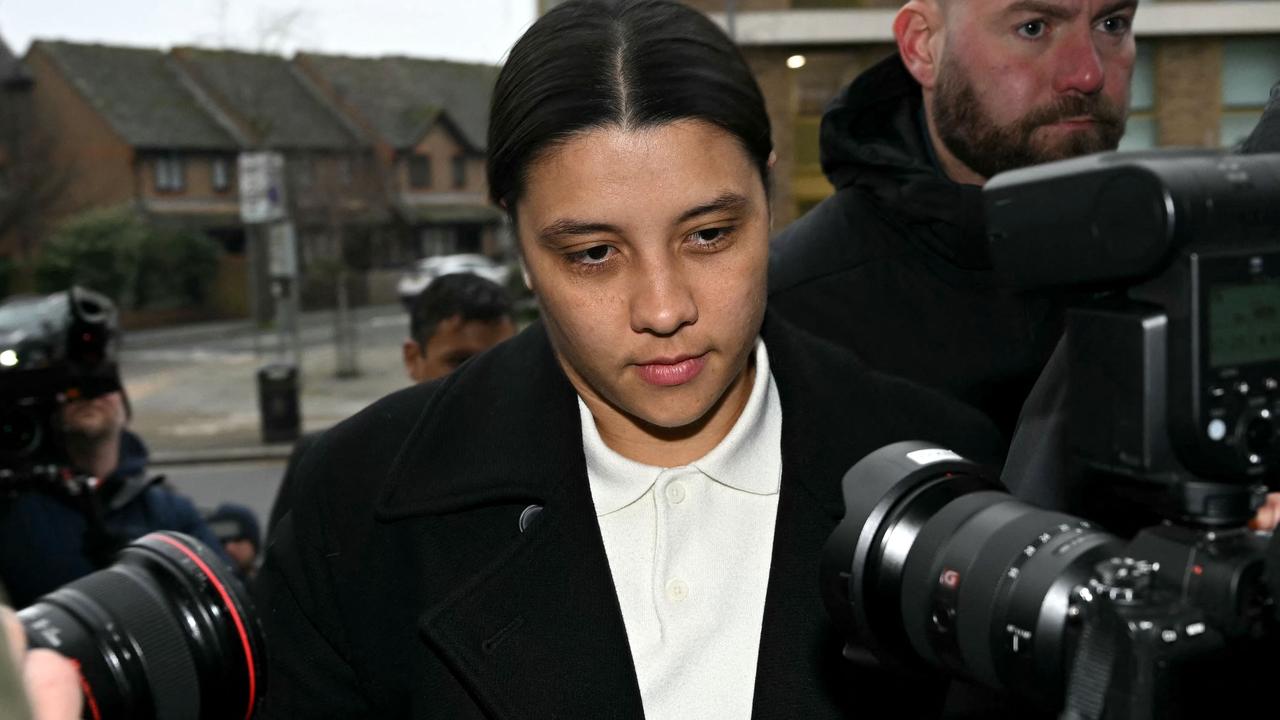Family Court grants child access to cross-sex hormones despite ‘regret syndrome’ concerns
A 15-year-old has been granted access to cross-sex hormones despite a Family Court judge citing a legal void of the consequences of people regretting their change of gender.

A gender dysphoric 15-year-old has been granted access to cross-sex hormones despite a Family Court judge citing a legal void of the consequences of people regretting their change of gender and medically trying to reverse the decision.
Judge Terry McGuire ruled in favour of the child – known to the court as Kelly – taking the treatment, despite Kelly’s father indicating he did not support the intervention and did not provide his express consent.
Kelly has a developmental disorder, has identified as a girl since she was a toddler, and is currently experiencing bone degeneration, which is at least partly caused by the puberty blockers she has taken since 2022.
In delivering his decision, Justice McGuire said the court was “not oblivious” to medical, social science and legal considerations in respect of gender dysphoria, and relied on the evidence of five medical practitioners to inform his ruling.
But he said there was a “dearth of jurisprudence” pertaining to “regret syndrome” experienced by children who change their mind or wish to reverse their medical transition, despite there being a “prolificity of social comment” on the topic.
“Noting Kelly (is a teenager), the court is not oblivious to and has given strong consideration to medical, social science and legal considerations in respect of gender dysphoria treatment in other jurisdictions and with the considerable assistance of the Independent Children’s Lawyer,” he wrote in his judgment.
“Specifically, that this court is considered social science and discussion in respect of regret syndrome and detransition where there is a prolificity of social comment and a relative dearth of jurisprudence relevant to the factual platform before me.”
The ruling comes as the Federal Circuit and Family Court continues to grapple with the complexities of gender identity, especially in the context of children, medication and surgery.
International researchers commissioned by the UK Cass review this year found Australia’s guidelines on gender-affirmative medicine lacked rigour and independence, and failed to recommend formal assessment processes that screened for body image problems, autism spectrum disorder, sexual orientation or physical health conditions.
Barrister Belle Lane, who has been at the coal face of dozens of complex family law cases, in an interview in October said Australian judges were relying on precedent based on “outdated” medical information when allowing gender dysphoric children to access permanent treatments.
The Australian has been following a complex matter in which two parents differ on whether their eldest child should be prescribed with cross-sex hormones, which was the subject of a multi-week trial this year.
A decision in that matter will be handed down in due course.
In a separate case, a judge determined a father’s refusal to conform with traditional gender norms left his three children “confused” and encouraged them to “question their gender identity” after they all began identifying as non-binary, ruling the two youngest children would not be permitted to see their father for an extended period.
In another matter, the mother of a 13-year-old with gender dysphoria abruptly withdrew an application seeking a Family Court order to allow the child to take puberty blockers after trying to have the Independent Children’s Lawyer assigned to the matter thrown off the case.
The treatment pathway for gender dysphoric children includes three stages.
The first is known as “puberty suppression or blockage” in the form of medication which stops someone from entering puberty and is reversible. Stage two is “gender affirming hormone treatment” which is also known as cross-sex hormones and is partly permanent. The third is surgical intervention which is broadly irreversible.
Kelly’s mother took the matter to court this year seeking an urgent declaration for sole responsibility over whether the child could access cross-sex hormones.
While the father did not defend the action, the court heard he had “not accepted” her gender dysphoria, and Kelly had made “unsuccessful approaches to her father to discuss such issues”.
“There is currently no communicative relationship between Kelly and her father,” Justice McGuire’s judgment reads.
Justice McGuire said the deterioration of Kelly’s bone density added to the “urgency” in which the matter was determined.
Puberty blockers have been proven to significantly reduce the bone density of children, which can only be resolved by stopping the treatment or proceeding to the next stage of treatment – cross-sex hormones.
Justice McGuire cited evidence from one of Kelly’s doctors who found she showed “significant deterioration in her bone density compared to a scan 12 months prior and needs to go through puberty so as to restore bone mass”.
The Independent Children’s Lawyer assigned to Kelly’s case told the court she was “100 per cent wanting to move to the next stage of treatment and that Kelly consents accordingly”.
“For Kelly it is important for the ICL to convey to the court that: ‘I am a real human being and not just so fun or interesting case. This is a life, my life and this has an effect on me. I am (Kelly)’,” Justice McGuire’s judgment says.



